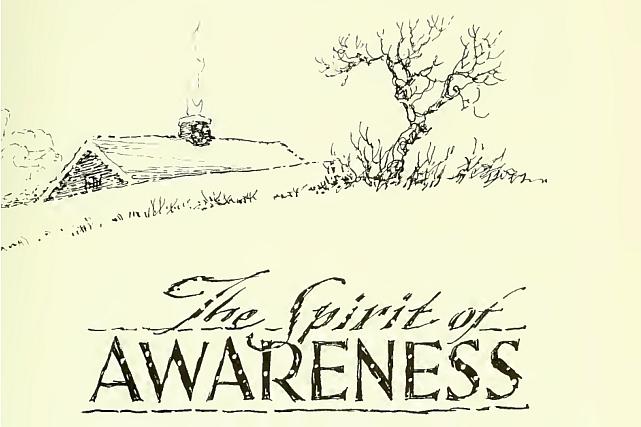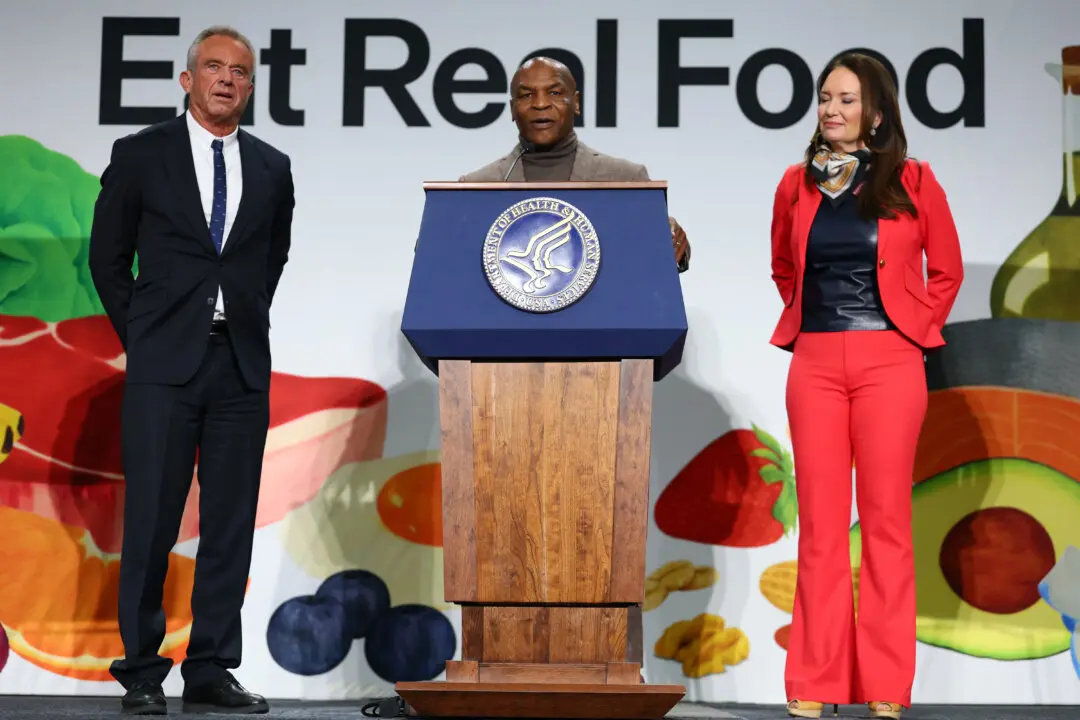This is part 10 of a 10-part series of reflections on Eric Sloane’s book on the bicentennial, “The Spirits of ’76.” Each chapter covers a different spirit of America.
The final chapter of Eric Sloane’s “The Spirits of ’76,” written to celebrate the 200th anniversary of America’s founding, ends with a kind of sadness. This contrasts with the feel of the opening of the book, which is more sprightly and hopeful. The last chapter doesn’t leave much room for hope, and that is because of its unexpected subject matter.





